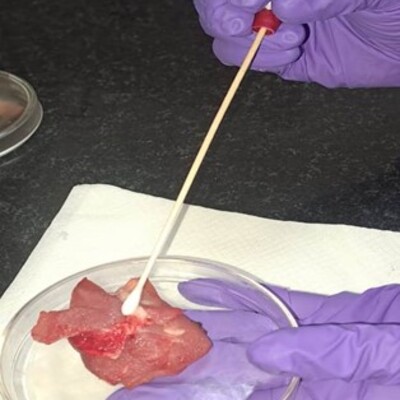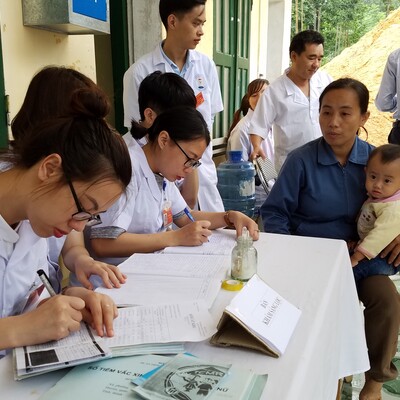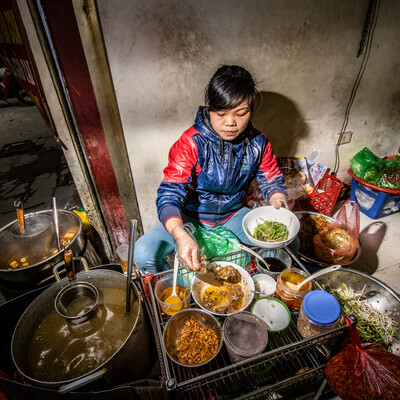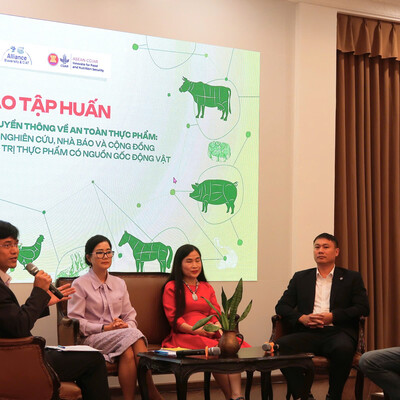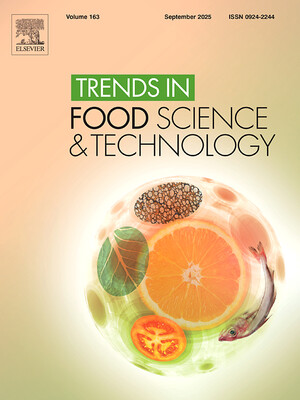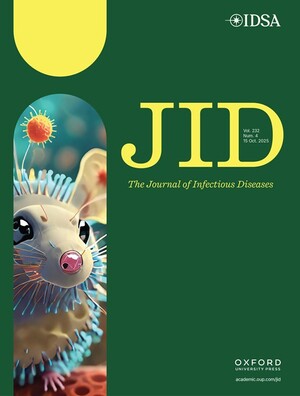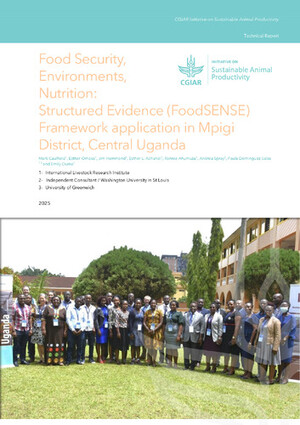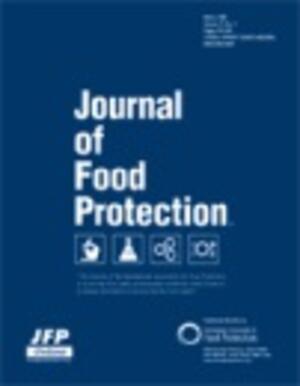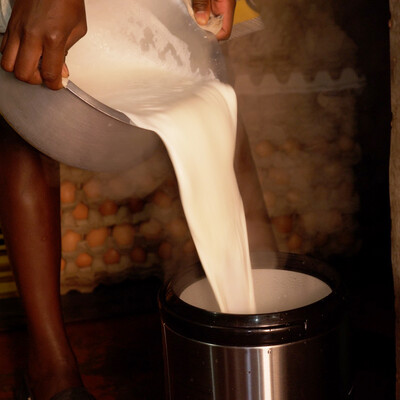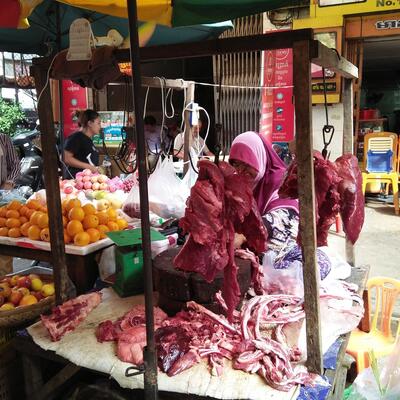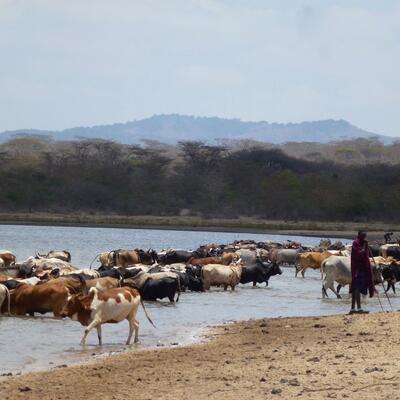
The rewards and risks of fast-changing food systems
Food systems in Africa are undergoing rapid transformation. Rapid population growth and urbanization are changing food markets, as more consumers seek more animal-source foods prepared and sold in novel ways. A young, growing, increasingly educated and connected generation is bringing their enthusiasm and expertise to supply this burgeoning market. Many are not interested in survival farming but rather in running agri-businesses that generate profits from high productivity and meeting the demands of rapidly growing urban populations.
Poultry production is an attractive business to many of Africa’s new entrepreneurs. Unlike the cattle and goats that traditionally dominate meat markets, poultry grows fast, has many offspring, and can be kept in a small area, making them ideally suited to urban and peri-urban farming. Further, there are few religious or cultural restrictions on poultry meat, and lean white meat is also increasingly popular among more health-conscious consumers. Highly productive methods for producing poultry – relying on high inputs and delivering high outputs – have been developed in high-income countries and can be easily transferred to lower-income ones. Higher-income countries can also profitably export poultry to many countries in Africa.
But new opportunities bring new risks and challenges. For example, there is concern that animal welfare may suffer in intensive production. Keeping many genetically similar animals close together may facilitate disease spread and emergence, leading to air and land pollution. There are also risks related to the reliance of high-input livestock systems on processed feed and drugs, which can contaminate livestock products. Moreover, as more consumption occurs in cities and towns, supply chains become longer and more complicated, giving pathogens more opportunities to enter the products – and good conditions to multiply. While little is known about these new, fast-growing production systems, even less is known about their implications for food safety.
Funded by the International Livestock Research Institute (ILRI), One Health Research, Education and Outreach Centre in Africa, as part of its broad engagement with the East African Community on One Health, Wigdan Omer is pursuing her PhD research on poultry systems in Kigali at the Natural Resources Institute (NRI) supervised by researchers from NRI, ILRI, the University of Rwanda and the University of Khartoum. As a first step, she is mapping the emerging poultry chains supplying Kigali and identifying the critical points where food safety hazards can be controlled. Initial research has identified a mosaic of diverse sources. These include medium and large farms producing broilers (meat birds); layer farms selling ‘spent hens’ at the end of their laying life; improved backyard breeds such as Kuroiler; and traditional backyard breeds. Frozen meat is also imported from several countries. She is also conducting a survey evaluating contamination across the value chain and looking for three of the worst pathogens that plague poultry: salmonella, toxigenic Escherichia coli, and staphylococcus.
Previous research by ILRI and partners has produced actionable and contra-intuitive insights – for example, that modern food systems are not always safe and informal food systems are not always dangerous. For instance, in Vietnam, pork sold in supermarkets failed to meet standards at a higher rate than pork sold in traditional, wet markets without a cold chain.
According to Wigdan, ’This study will help understand and analyse hazards and risks of food pathogens associated with chicken meats in Rwanda as well as bridge the knowledge gap on poultry meat safety in Rwanda. Moreover, it leads to more efficient interventions for foodborne disease associated with poultry meat consumption in households.’

From left to right Jean Bosco, Delia Grace, Florence Mutua and Wigdan Omer after visiting the Rwanda National Quality Testing Laboratories (photo credit: ILRI).
Wigdan Omer is a PhD student supported by the Natural Resources Institute and the One Health Research, Education and Outreach Centre in Africa.
Delia Grace is a contributing scientist at the International Livestock Research Institute (ILRI), in Kenya, and professor of food safety systems at the Natural Resources Institute (NRI), University of Greenwich, in the UK.
Florence Mutua is a scientist at ILRI’s Animal and Human Health program






